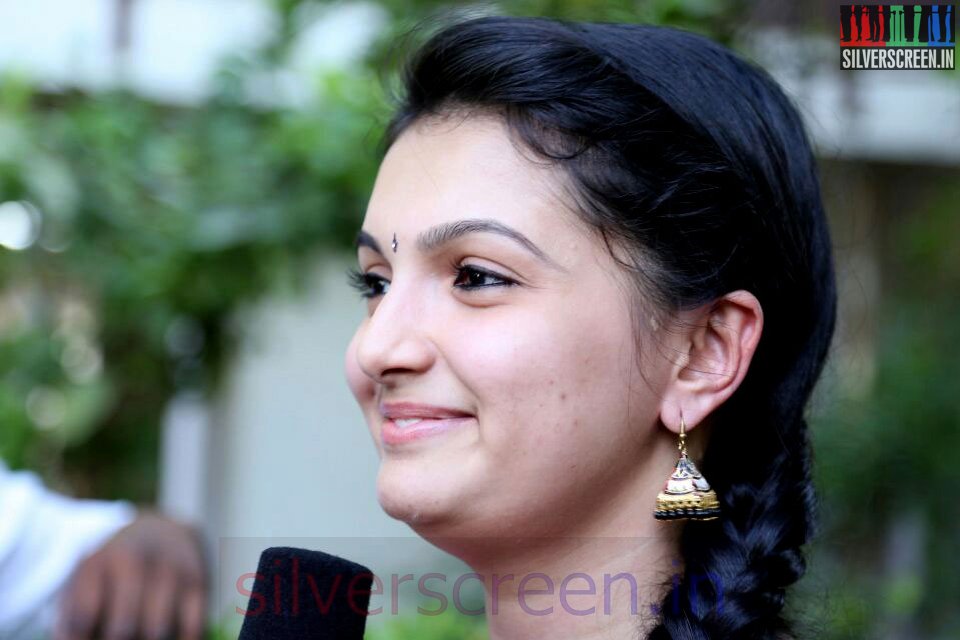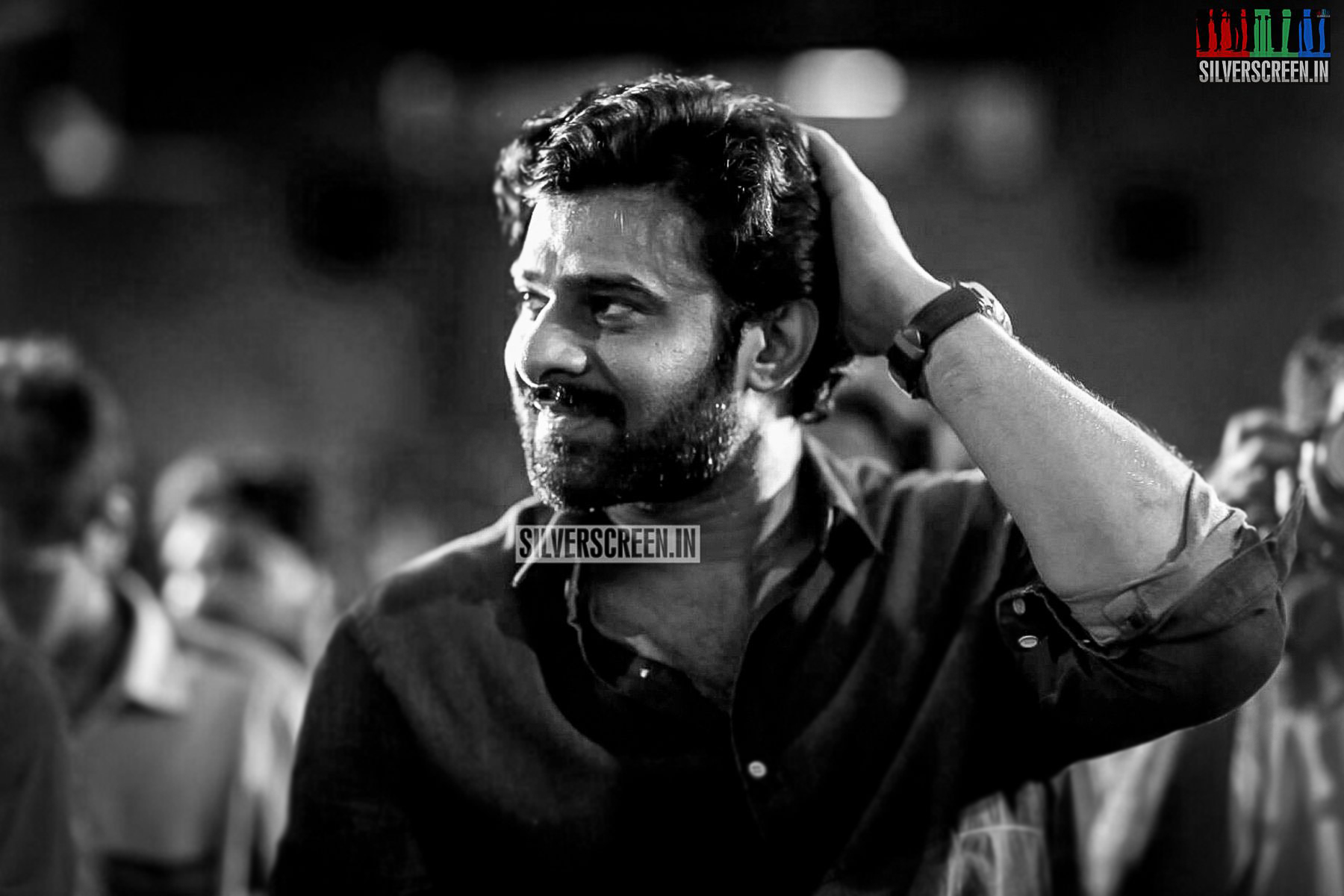Tea shops are practically native to India and other South Asian countries. They hold a special place in our hearts. The uniquely shaped glasses, the hot vadais and bajjis, the biscuits and sweets stored in those large glass jars. Decades may pass, but tea shops don’t change. Thankfully. So when I heard that that Anjala was about a grand old tea shop, the news was as refreshing as that whiff of early morning chai.
Sadly, that feeling vanishes as soon as the film begins.
*****
Anjala is a 100-year old ‘Tea Kadai’. Loved by the surrounding villagers, the shop now faces imminent destruction. It is situated on a highway, and the highway is going to be widened. There’s also a strange man who has made the tea shop a hub for his illegal business. And a crooked businessman who wants revenge on the owner of Anjala (Pasupathy). If these plotlines weren’t enough, we also have Vimal (who cannot land a role where the character is employed), his girlfriend (played by Nandita), and a group of regulars at the tea shop. Each with their own stories. Whether Anjala will be saved from being axed (or, in this case, bulldozed) forms the crux of the story.
*****
It’s as though director Thangam Saravanan took the basic plot of ‘heritage tea shop at the risk of destruction’ and then drew a blank on how to weave a two hour long story around it. Then made two checklists. One for the problems the tea shop would face, and one for the stories minor characters would have. Stories pile up at the director’s whim. The checklist is slowly ticked off and we eventually trundle towards the second half. The ending is overly theatrical. Pasupathy had, in the past, inadvertently unmasked the illegal nature of the businessman villain’s business. Now, after hearing just two lines from Pasupathy, he turns into a good Samaritan.
*****
As a student, I remember a group discussion about whether every story had to incorporate a romantic subplot. We talked about why genres as varied as drama, horror and action thrillers consistently embed a love story. Even when there’s zero organic connection with the film’s theme. In fact, the idea that romance is the only draw for big crowds is false. Audiences are mature. They don’t need to be force-fed romance, item songs, and dream sequences.
In Anjala, the romantic track between Kavas (Vimal) and Uthara (Nandita) feels so unnecessary and forced that we have to assume the filmmaker thinks the audience is juvenile. Nandita, who had begun to do fascinating roles (like her role in Uppu Karuvadu last year) is relegated to the stock-village heroine. Her task is to act coy at the slightest advance from her boyfriend.
Pasupathy is the standalone positive in Anjala. His performance as a contended man, brimming with emotions and love for his tea shop, is restrained and dignified. In his role as the glue that keeps the tea shop and the people around it together, Pasupathy proves once again that he is one of the best actors we have today. Sadly, he continues to be underrated.
*****
Recommended
Anjala makes its point that the tea shop is something that has emotional value for the people around it. More than grand monuments, it is the heritage of that locality, and symbolically, of localities across the country. But barring this noble theme, Anjala has little to offer. A fascinating plot, marred with unnecessary elements like an insipid romance, some crass comedy, and the juvenile treatment of the screenplay leaves us with one overriding thought. A tea shop which serves bad tea is simply unacceptable.
*****
The Anjala review is a Silverscreen original article. It was not paid for or commissioned by anyone associated with the movie. Silverscreen.in and its writers do not have any commercial relationship with movies that are reviewed on the site.



